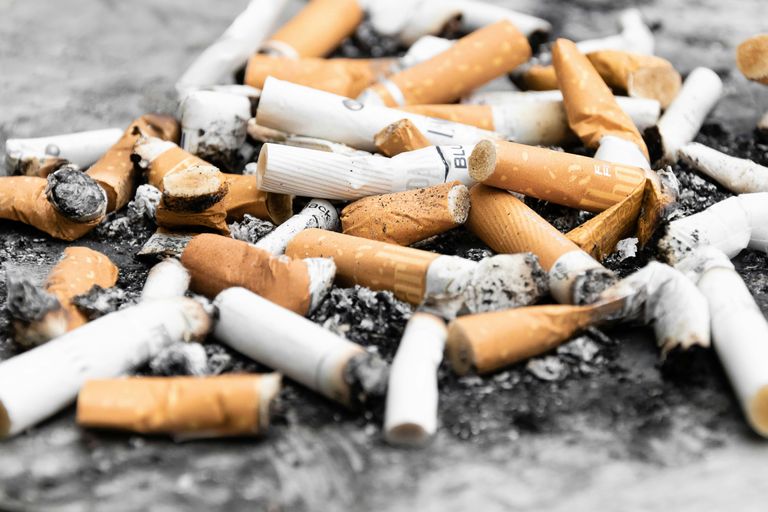
Smoking has long-term affects on your bodily systems and can cause a number of continuing health concerns. While there are long-term health risks associated with smoking, there are also immediate physiological impacts.
Smoking has the potential to seriously harm your lungs. To name a few, there are coughs, colds, wheezing, and asthma. Smoking can lead to deadly conditions like lung cancer, emphysema, and pneumonia. Smoking is linked to 84% of lung cancer fatalities and 83% of deaths from chronic obstructive pulmonary disease.
Your health is seriously harmed by tobacco smoking. It is not safe to smoke.
About 600 components go into making a single cigarette; many of these are also present in cigars and hookahs. At least 69 of those substances have been connected to cancer, and many of them are toxic. Smoking may not have immediate impacts, but the consequences and harm might last for years.

Nicotine, a medication that alters mood, is one of the constituents in tobacco. Nicotine instantly enters your brain and gives you a brief boost in energy. But after that wears off, you become fatigued and yearn for more. Because nicotine is such a habit-forming substance, quitting smoking can be very challenging for many people.
Nicotine withdrawal symptoms include anxiety, irritability, and depression in addition to cognitive impairment. Further side effects of withdrawal include headaches and insomnia.
Your whole circulatory system is harmed by smoking. Blood flow is impeded by nicotine's ability to constrict blood vessels. Peripheral artery disease can develop as a result of persistent constriction and blood vessel damage over time.
In addition, smoking thins the walls of blood vessels, increases blood clots, and raises blood pressure. Your risk of stroke is increased by all of this.
If you have previously undergone heart bypass surgery, experienced a heart attack, or had a stent inserted into a blood vessel, you run a higher chance of your heart condition getting worse.
Smoking has an adverse effect on not only your own cardiovascular health but also the health of nonsmoking individuals in your vicinity. A nonsmoker is just as vulnerable to secondhand smoke exposure as a smoker.
Although giving up smoking is tough, your doctor can assist you in creating a strategy. Consult them for guidance. Numerous over-the-counter and prescription drugs are available to assist with quitting. There are advantages to stopping smoking in the short and long terms. The most crucial step you can take to live a longer and happier life is to discover a way to stop smoking because it has an impact on every system in your body.
Upvoted. Thank You for sending some of your rewards to @null. Read my last posts to make sure that BLURT burning is profitable for you. Before using this bot please make sure your account has at least 100 BP. Get more BLURT:
@ mariuszkarowski/how-to-get-automatic-upvote-from-my-accounts@ blurtbooster/blurt-booster-introduction-rules-and-guidelines-1699999662965@ nalexadre/blurt-nexus-creating-an-affiliate-account-1700008765859@ kryptodenno - win BLURT POWER delegationNote: This bot will not vote on AI-generated content